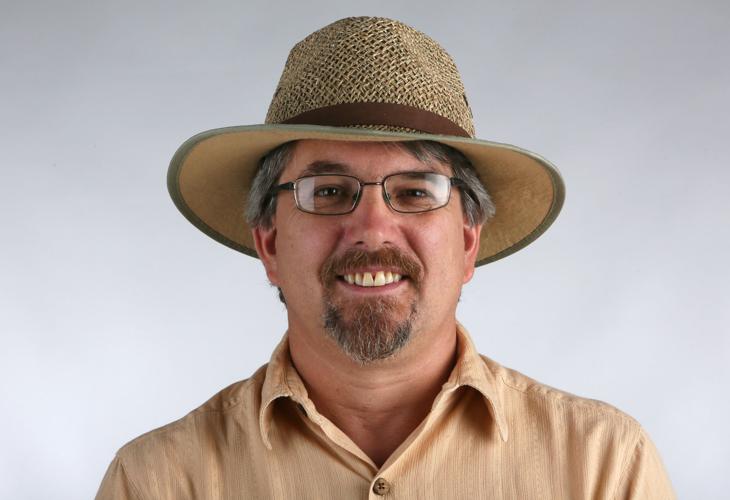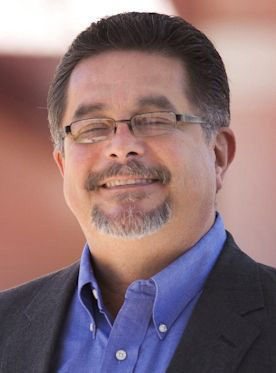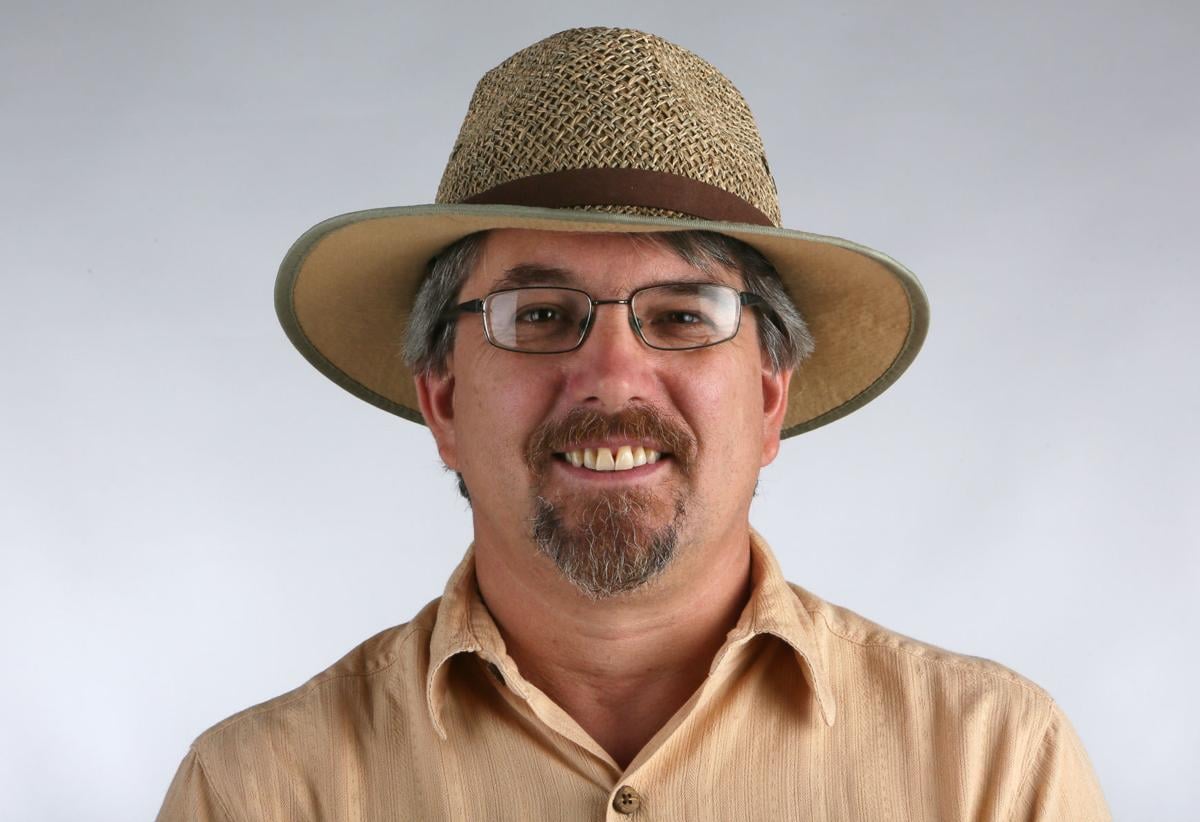Pima County Supervisor Steve Christy has a good line for when supervisors inject big national issues into board meetings.
Christy, one of two Republicans on the board, offered it to me Friday when I called him about a new proposal scheduled to be heard on Tuesday.
“I don’t see someone running up to President Trump, pounding on his door and saying, ‘Mr. President, we’ve just received a resolution from the Pima County supervisors!’” he said.
This line was on point especially when dealing with symbolic gestures such as the county’s resolutions, passed last month, in support of the Paris Accord on climate change and against the proposed U.S.-Mexico border wall. At the national and international level scale where these decisions are made, it’s hard to imagine anyone caring about Pima County’s toothless resolutions.
But I struggled with whether Christy’s line is a proper response to this Tuesday’s hot-button agenda item. That day, the supervisors are scheduled to consider an ordinance proposed by Supervisor Richard Elías banning people from accepting pay to perform so-called “gay conversion therapy” on children.
This practice, also known as “reparative therapy” and “sexual orientation change efforts,” aims, in short, to turn gay people straight. It’s best known in some Evangelical Christian faiths. The conservative group Focus on the Family, for example, supports it.
It is a dubious practice. Most people and experts consider a person’s attraction to one sex or the other a fixed part of who they are — not something that can be turned in another direction by some sort of counselor. More importantly, it suggests there’s something wrong with being gay.
But if an adult wants to give it a try, who are we to stand in the way?
The tougher questions come when this practice, this so-called therapy, is applied to children. Mainstream medical and psychological experts say, don’t do it. All the way back in 1992, the American Academy of Pediatrics concluded:
“Therapy directed specifically at changing sexual orientation is contraindicated, since it can provoke guilt and anxiety while having little or no potential for achieving changes in orientation.”
The studies and position papers opposing conversion therapy have piled up since then. So has legislation: Nine states have banned practicing conversion therapy on children: New York, California, New Jersey, New Mexico, Vermont, Oregon, Illinois, Connecticut and Nevada.
Yes, they’re mostly Democratic Party-dominated states. And predictably, this has become another front in the country’s renewed culture war.
“For Focus on the Family, the issue isn’t whether or not homosexuality is a mental illness; our concern is rooted in the origins of humankind and how we were created,” the group says in its position paper on the issue.
“For Christians, homosexuality conflicts with God’s design for marriage and sexual expression — one man and one woman in a lifelong committed marriage relationship. So, homosexual behavior is a moral and relational issue that goes beyond mental health.”
ABC News revealed in March that there have continued up to this year to be gay-conversion camps operating secretly in Alabama — and by implication, elsewhere.
Does it happen in Pima County? Elías doesn’t know. Neither does Adam Ragan, who brought the idea for the ordinance to Elías.
“These kinds of places don’t advertise in the Daily Star,” Ragan said. “They operate at the fringes of society.”
So, it’s an abstraction, but one that is animating the usual divides in our society right now. Supervisor Ally Miller, the other Republican on the board, condemned the proposal on Facebook last week and was met with strong pushback.
“I support the right of parents to determine the proper medical treatment and therapy for their minor children. That is it...period,” Miller wrote.
When a number of apparently sincere commenters argued that conversion therapy is a form of child abuse, Miller accused them of being online “trolls” who were networking against her. She also said that if anyone wants to ban conversion therapy, they should take it to the state Legislature.
That is a worthy argument, I think. And it’s one of the reasons I generally question local efforts to take on state, national or international issues. What’s the point of taking symbolic stands?
“This seems like an attempt at a resolution that’s looking for a problem,” Christy told me. “I have yet to find any instances that seem to indicate this is a real problem within Pima County.”
But here’s the thing: Arizona’s Legislature will never ban conversion therapy. It’s more likely to try to require conversion therapy than to ban it.
And this proposal is not a simple resolution staking out a political position on a hot-button issue. It would actually make it a civil infraction, punishable by a fine of up to $2,500, to accept payment in exchange for trying to change the sexual orientation of a minor.
“I think it’s to make sure that people know that it’s something that’s akin to child abuse,” Elías told me. “Is it symbolic? Some might say that, because we don’t know to what extent it’s out there happening.”
“It’s also about protecting our children.”
These words — protecting our children — can sometimes make people like me groan. It’s as if you can justify anything in the name of protecting the children.
But if you are really convinced that conversion therapy harms vulnerable children, as I am, and if you can foresee that the state Legislature will never do anything about it, then the county proposal is more than a symbolic gesture. It’s not just the equivalent of the knock on the president’s door that Christy imagines.
It may not be the county’s top priority, but there’s just enough substance there to make it worth passing.







